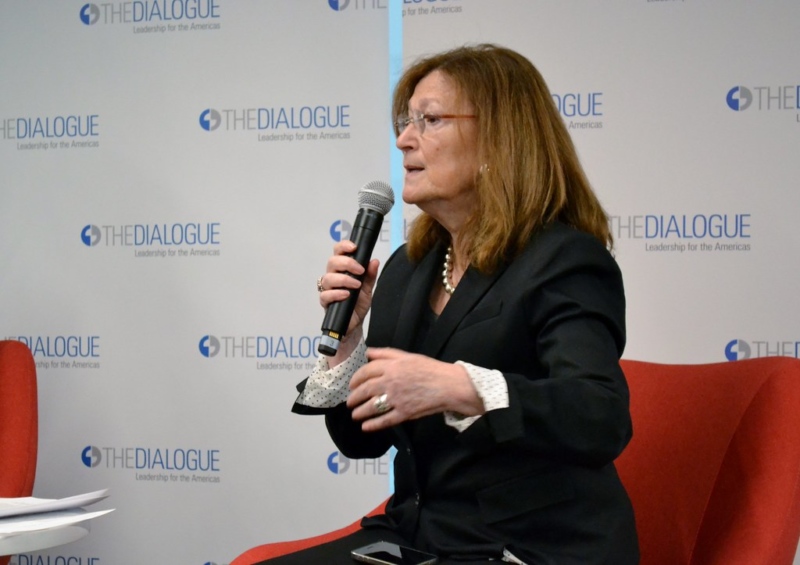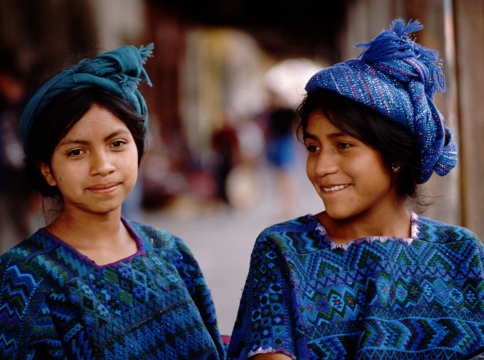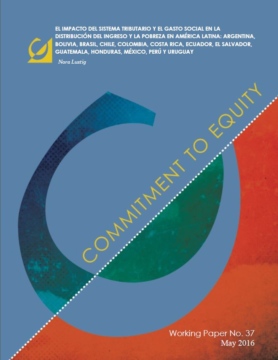Fiscal Policy & the Poor in Latin America
Good fiscal policy not only promotes macroeconomic stability and growth, it is also a powerful tool for directly reducing poverty and inequality.
Nora Lustig, founding director of Tulane University’s Commitment to Equity Institute (CEQI), is leading a new project in CEQI titled "Measuring Fiscal Equity in the Post-Covid-19 World." The project has been awarded almost $1.2 million from the Bill & Melinda Gates Foundation.
According to the press release, the grant will be used to "assess how the Covid-19 pandemic and resulting fiscal policies have affected inequality, poverty, and mobility" and "fund research to help shape more equitable outcomes in developing countries." The project will "gauge how the pandemic is affecting the world’s most vulnerable populations over the short and long terms and will develop methodologies, software tools and datasets to guide policymakers toward crafting more equitable responses to the crisis." Lustig and her team will complete the project by March 2023.
Nora Lustig is a Member of the Inter-American Dialogue. The CEQI is a partner organization of the Dialogue, working together to foster social equity in Latin America.
Good fiscal policy not only promotes macroeconomic stability and growth, it is also a powerful tool for directly reducing poverty and inequality.
Guatemala is among the most unequal countries in Latin America. Fiscal policy has done very little to reduce inequality and poverty overall and along ethnic lines.
CEQ Working Paper No. 37: El Impacto Del Sistema Tributario y el Gasto Social en la Distribución del Ingreso y la Pobreza en América Latina: Argentina, Bolivia, Brasil, Chile, Colombia, Costa Rica, Ecuador, El Salvador, Guatemala, Honduras, México, Perú y Uruguay
 Inter-American Dialogue
Inter-American Dialogue

